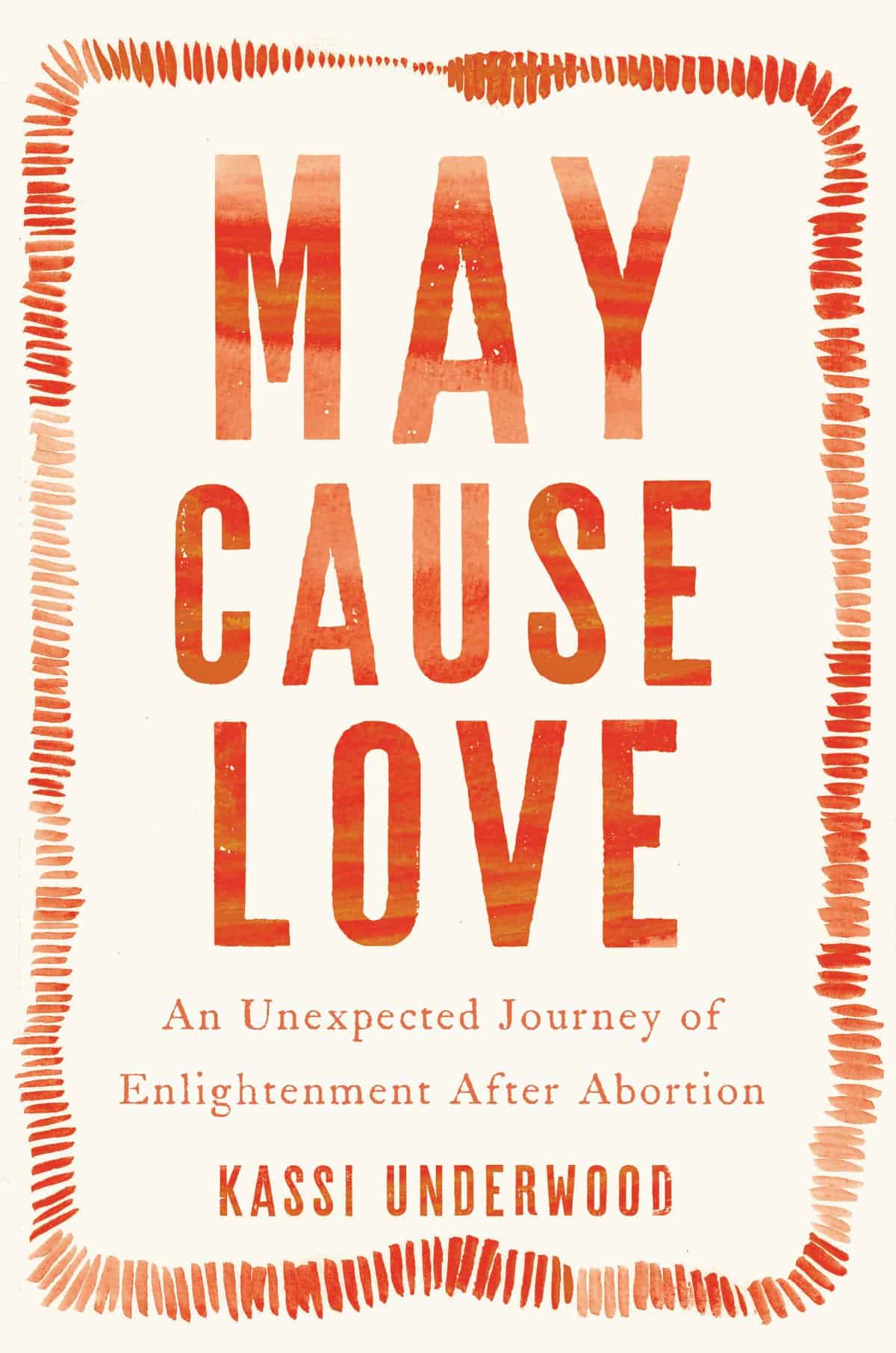
Each semester at the evangelical college where I teach, I frame a composition assignment about argumentative essays with several significant caveats. First, I tell students that unless they have a personal experience or something new to say about issues like immigration, euthanasia, or gun control, they should pick another topic, because the world’s biggest problems cannot be solved in five double-spaced pages. Also, I say, arguing successfully means recognizing that life is not a pro/con proposition. Knowing the nuances of an issue, the many positions people hold, and the values that drive those positions will make any argument stronger.
Then, just to make class more interesting, I dive right in with a discussion of abortion—examining with students the ways conventional polarized thinking about abortion rarely succeeds at convincing anyone to see the issue in ways different than their already-established positions. Abortion debates are almost always explosive, I realize, though considering together the values foundational to various viewpoints about abortion often helps students understand that even some Christians might hold positions different than their own.
I often wish others debating abortion might be as wise as my students who, when pressed, are quite capable of articulating the many positions and attendant values that people have about abortion. Instead, contemporary conversations surrounding abortion persist in black and white thinking: you are a baby-killer or a woman-hater, anti-abortion or anti-choice, a Christian or a feminist, but never both. Heaven help those who admit they don’t know for sure what they believe about Roe v. Wade; or who might suggest a more conciliatory position that attempts to consider the life of the unborn and the born alike, as Rachel Held Evans did in a 2013 blog post that enraged a number of her evangelical readers; or who might be willing to remind us that, at one time, evangelical Christians—including leaders like James Dobson—had a more nuanced view of abortion, as Letha Dawson Scanzoni outlines here.
Contemporary conversations surrounding abortion persist in black and white thinking: you are a baby-killer or a woman-hater, anti-abortion or anti-choice, a Christian or a feminist, but never both.
Meanwhile, most folks continue to spin their wheels inside the ruts of their well-entrenched positions, without really attempting to consider the viewpoints of others. For example, in January, the group New Wave Feminism was disinvited as a partner for the Women’s March, because the march held no quarter for pro-life feminists. A month later, Laura Enriquez’s New York Times opinion piece argued that contemporary feminism needs to provide ample space for those who work to end abortion. A writer for The New Republic was appalled that such a “screed” would be published, while another, in Slate magazine, argued that Enriquez misunderstood feminism—and statistics about reproductive choice—altogether.
Glaringly absent from most polarizing debates are the stories of real women who have had real abortions, and who live with the consequences of their decisions to terminate pregnancies. As Kassi Underwood suggests in her new memoir, May Cause Love, every termination obviously has consequences, altering a woman’s life in ways that can be profound for some, and can seem prosaic for others. Yet because women’s stories of abortion are so often politicized, Underwood writes, and because “women [are] so bound to an implicit social contract to match their emotion to a political persuasion” about abortion, we rarely have access to narratives about abortion that are unalloyed, that are unencumbered by polemics, that are complex and nuanced and grounded in women’s lived experiences.
May Cause Love attempts to wrest control of narratives about abortion from the political realm and return them to the personal. Underwood uses her experience as a narrative frame to consider the long history of abortion, a history reaching back to ancient times in Greece, China, Egypt, and elsewhere. She describes the ways religious traditions from Catholicism to Buddhism understand abortion, and also names the shrouded-in-shame silence that not only keeps most women from ever admitting that they had an abortion, but also makes those seeking discernment about whether to end pregnancies feel entirely alone.
This long loneliness is what Underwood discovered when, at age 19, she became pregnant by an erstwhile boyfriend, a drug addict who insisted he was unready to be a father. Her book chronicles her confusing and lonely attempts to discern what she should do with her pregnancy; the painful abortion itself, also lonely; and the months and years that stretched out after the procedure, when isolation, shame, sadness, and a million other feelings compelled Underwood to take a spiritual journey. She hoped to discover where God was in the midst of her pain, to understand what had happened to her, and to find inner peace.
What had happened after her abortion was immense, something for which she would be totally unprepared. Following her abortion, she said “I would dream of babies for the next six years: I would have babies and lose them…I would go nearly insane…I wasn’t insane. I was sad. I wished sadness took less work to heal, but healing would take everything I had.” Despite her deep sadness, she also wondered about conflicting feelings she and other women might have about their abortions, including relief, and the sense that life could return to normal for the women post-procedure. It is this tension—between relief and regret, acceptance and despair—that can be confusing to women, who have been taught by political debates that only two responses to abortion are acceptable: either unmitigated regret and sadness and a sturdy resolve to overturn Roe v. Wade by whatever means possible; or a facile acceptance of abortion as a quotidian medical procedure, one that will make no difference in a woman’s life or future.
This insistence that women’s experiences with abortion must fit into an either/or political paradigm means not only are women silenced, but also that those struggling with decisions about abortion have few resources to help them understand the complexities they face. Underwood suggests those who protest clinics by shouting “baby killers” at entering women only reinforce this shame and resultant silence; feminist groups who insist that abortion is something to easily get over also mute those women who grieve post-abortion. Without opportunity to process the decisions they have made, and without rituals to acknowledge their grief, women suffer in silence, occupying a liminal space that can be mind-and-heart-breaking—as Underwood’s own story shows.
Through her spiritual wandering, Underwood discovers an organization called Exhale, which labels itself as “Pro-Voice”: that is, a group providing resources for women and men with abortion experiences to simply tell their stories, to be heard, and to process what has happened without shame or judgment. Exhale believes that when the stigma of abortion is removed, allowing people to converse with friends and family about their experiences with abortion, they will feel less isolated as they wrestle with the decisions they must face, and they will also find a caring community who will love them, no matter what. This kind of support, Exhale believes, could change the shape of public discourse about abortion altogether.
Of course, many people will see a problem with this approach, and will argue that the unborn have no voice, and are not be able to tell their stories. Some might insist that Christians must subscribe to an inflexible pro-life stance, else they are complicit in the murder of millions. But May Cause Love makes a compelling argument that even those who hew closely to this Christian understanding of abortion must assume a different tack if they are to change women’s minds. Making women drink from a literal or figurative Cup of Bitterness—as Underwood was forced to do at a Catholic retreat for healing after abortion—will not provide the way.
Christians who subscribe to an inflexible pro-life stance must assume a different tack if they are to change women’s minds.
One of my favorite writers, Chimamanda Ngozi Adichie, wrote recently about the problem of “professional feminism,” one that demands women follow a specific belief system. Speaking to The Guardian, Adichie said “Life doesn’t always follow ideology…You might believe in certain things and life gets in and things just become messy.” In other places, Adichie has spoken about the “danger of a single story,” that when we privilege one narrative, one perspective of something, we reduce people to objects, taking away their humanity.
In many ways, contemporary abortion debates have managed to do just that: objectifying women who have abortions by politicizing their experiences. May Cause Love compellingly reveals that life doesn’t always follow ideology, as Adichie says, and that sometimes, when faced with a monumental decision, women need support, guidance, and a safe community who will listen closely, rather than judge harshly. Because every woman’s story about abortion has the power to change the world, if only we have the ears, and the heart, to listen.
Melanie Springer Mock is a Professor of English at George Fox University, Newberg, Oregon. She is also the author or co-author of four books including, most recently, If Eve Only Knew: Freeing Yourself from Biblical Womanhood and Becoming All God Means for You to Be (Chalice Press, 2015); a fifth book is forthcoming from Herald Press. Her essays and reviews have appeared in The Nation, Christianity Today, The Chronicle of Higher Education, and Mennonite World Review, among other places.

